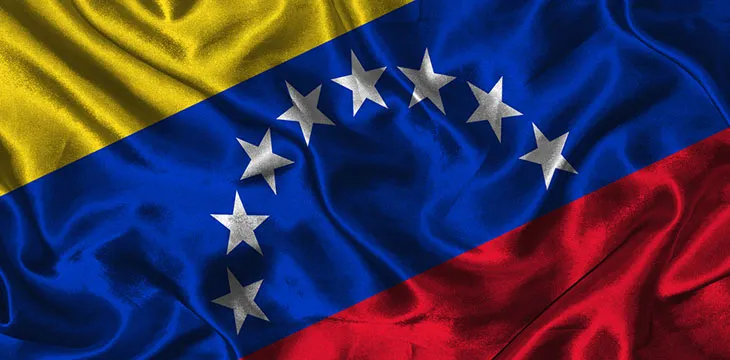|
Getting your Trinity Audio player ready...
|
The Venezuelan government is cracking down on digital asset exchanges and BTC block reward miners, new reports from the South American nation reveal. With digital assets at the center of a recent $3 billion corruption scandal ($20 billion by some estimates), the government has reportedly ordered some exchanges and miners to shut down.
As per reports by local media and the Venezuela National Association of Cryptocurrencies (Asonacrip), authorities have shut down mining facilities in Bolivar, Lara, and Carabobo states.
#ULTIMAHORA se confirma que fue solicitado el apagado de las granjas de mineria digital en el Estado Bolívar. Consideramos esta un medida arbitraria, qué va en contra de los intereses de la industria privada.
— Asonacrip (Asociación Nacional de Criptomonedas) (@AsonacripVe) March 25, 2023
The Nicolas Maduro government has yet to officially confirm that it has ordered the closure of block reward miners. However, the move aligns with a recent crackdown on the digital asset industry.
As CoinGeek reported, the government announced the reorganization of the country’s regulator, the National Superintendency of Cryptoassets, or Sunacrip. This included the arrest of former head Joselit Ramirez who is being charged with corruption. Anabel Pereira Fernández, a former banking regulator, now helms Sunacrip.
Ramirez, who has overseen the digital asset industry for the past five years, is alleged to have played a big role in the theft of $3 billion from oil sales. With the country slapped with crippling sanctions, some of the oil sales have been made in digital assets.
While it supports President Maduro’s anti-corruption campaign, Asonacrip has called on the government to spare miners and exchanges who had no role in the corruption scandal.
“We believe that private companies should not be blamed for what is happening inside the regulatory body and that we should promote the full activation of all cryptocurrency operations (in the country),” Jose Angel Alvarez, Asonacrip president, told one outlet.
At press time, no Venezuelan exchange has confirmed receiving a government order to shut down. One exchange, Cryptobuyer, announced last week that it would cease operating temporarily “to comply with orders issued by our regulatory entity on crypto assets Sunacrip.” While this had been reported to be part of the crackdown, the exchange denied these reports over the weekend.
“We want to clarify that the announcement made yesterday on our social media refers to the temporary non-operation of our crypto-fiat gateway service due to the transition process carried out by the competent authorities. It is important to emphasize that Sunacrip has not ordered the cessation of any Venezuelan exchange’s operations,” the exchange told the local TV network Globovision.
Venezuela bet on digital assets to evade sanctions, then it backfired
President Maduro’s government has been hard hit with sanctions, with over 650 sanctions against Venezuelan individuals, entities, and government institutions. This has had a far-reaching effect on the economy and denied the country a global market for its most prized product—oil.
Maduro has been long rumored to rely on digital assets to evade the sanctions. Recently, a local oil company member confirmed that PDVSA, the country’s national oil company, has been relying on digital assets to circumvent sanctions.
Sunacrip played a big role, with one analyst revealing that the regulator would set up the multiple digital asset addresses that PDVSA would use to receive payments. It then used coin-mixing services to obfuscate the trace before the money was remitted to the government.
In his role as the Sunacrip boss, Ramirez reportedly colluded with some other government officials to fleece the country for billions of dollars. Reuters, which claims to have reviewed several documents relating to the oil sales, estimates this cartel stole over $21 billion.
Watch: The Future of Digital Asset Exchanges & Investment

 07-03-2025
07-03-2025 





